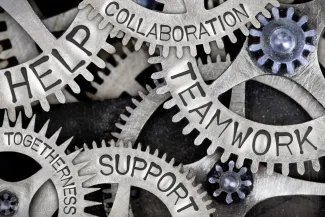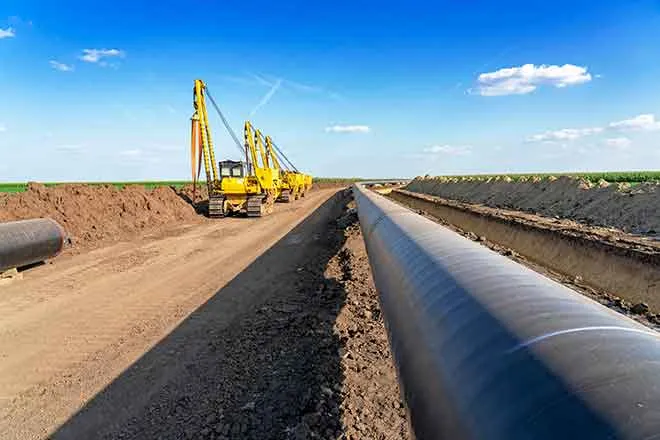
Addressing homelessness in Colorado one neighborhood at a time
Click play to listen to this article.
For many Coloradans, the idea of making a direct impact on the homelessness crisis can seem out of reach, or even intimidating, especially for those who aren't involved in organizations that provide services.
In response, the Colorado Coalition for the Homeless is hosting a “How To Be a Good Neighbor” webinar this Wednesday, October 8. You can sign up for free at Coloradocoalition.org.
Brittni Joy West-Ware, director of Capitol Hill United Neighborhoods, said the session will offer tips for how to make a difference on your block.

"When we think about neighbors, and neighborhood, and community," said West-Ware, "we tend to forget that our unhoused friends are also in our community, and they’re also our neighbors."
One of the most meaningful ways to help is through our day-to-day interactions. Resist the urge to look the other way, which can deprive people of their basic dignity.
Say hello, make friendly eye contact, and approach conversations with empathy, compassion, and curiosity instead of judgement.
West-Ware said creating kits with clean socks, hand sanitizer, and a toothbrush to hand out can also show your unhoused neighbors that you’re thinking about them.
The webinar will also emphasize the importance of third spaces, or places where people can spend time outside of home or work.
People experiencing homelessness are frequently harassed, robbed, and even assaulted, and Ian Stitt, director of Denver’s Network Coffee House, said they need access to places where there’s no judgement or unfair power dynamics.
"And for folks who don’t have a home, that’s especially important," said Stitt. "Places like Network, that third space, becomes de facto their safe space. That place where they can let down their guard, that place where they can take a breath."
Webinar participants will also explore principles like mutual aid, where community members work to fill in the gaps when society’s safety nets fail to support its most vulnerable members.
Stitt said making meaningful improvements at the local level will require people to share the burden of homelessness in some way, and that may not be comfortable at first.
"And that means allowing people who are experiencing homelessness to seek housing in communities that traditionally are not open to them," said Stitt. "That means providing access to resources in all areas of the community, in all areas of the city. It also means getting to know people."
















